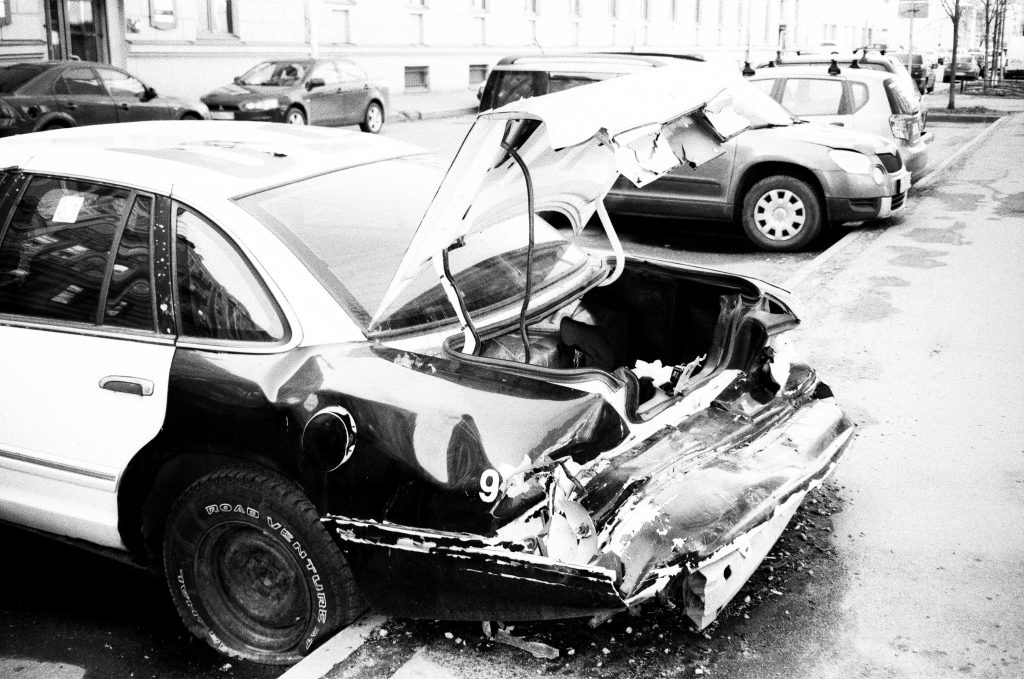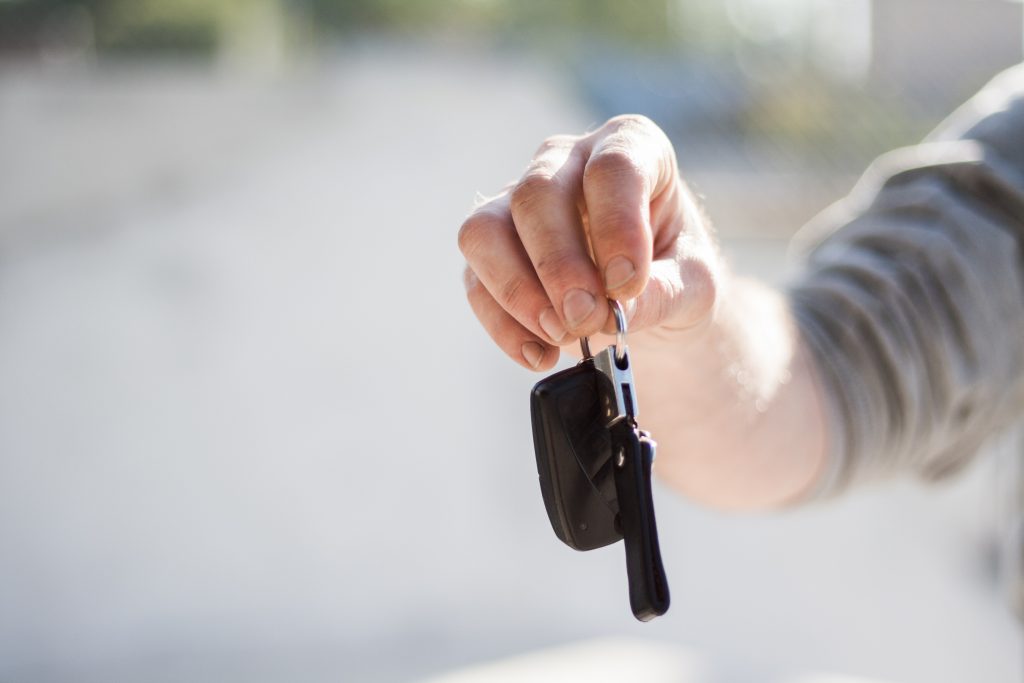 The Louisiana Supreme Court has recognized that awarding damages for medical expenses without awarding pain and suffering damages, though seemingly inconsistent, is not invalid on its face. See Wainwright v. Fontenot, 774 So.2d 70 (La. 2000). Appellate courts afford juries great deference and disturb verdicts only when they are clearly and objectively unsupported by the evidence in the trial record. One such example of this can be seen in an auto accident case involving a “serial plaintiff.”
The Louisiana Supreme Court has recognized that awarding damages for medical expenses without awarding pain and suffering damages, though seemingly inconsistent, is not invalid on its face. See Wainwright v. Fontenot, 774 So.2d 70 (La. 2000). Appellate courts afford juries great deference and disturb verdicts only when they are clearly and objectively unsupported by the evidence in the trial record. One such example of this can be seen in an auto accident case involving a “serial plaintiff.”
Joseph Wiltz was rear-ended in stop-and-go traffic by Maya Welch. Wiltz filed a petition in state court against Welch and her insurance company, State Farm, claiming he was injured in the accident. He sought damages for past and future medical expenses, lost wages, loss of enjoyment of life, and pain and suffering. The trial moved to the U.S. District Court for the Middle District of Louisiana by the defendants and the case proceeded to trial.
The defendants admitted Welch’s fault in the accident, leaving the main issue whether Welch’s negligence was the cause of Wiltz’s injuries. Discovery revealed that Wiltz was a “serial plaintiff” with pre-existing injuries that he failed to disclose to the doctors that treated him following the collision. Between 1991 and 2011, Wiltz had four different accidents and incidents that resulted in injuries to his neck, back, and shoulders. Furthermore, Wiltz told doctors that he’d never experienced back or neck pain previously and answered discovery in a similarly untruthful and incomplete manner. Even with the information concerning the pre-existing injuries, the jury still returned a verdict in favor of Wiltz; however, the jury awarded him compensation for past medical expenses only. Wiltz filed a motion for a new trial or an amendment to the judgment, contending the verdict amounted to an abuse of discretion by the jury. The district court denied the motion because Wiltz failed to prove he endured any compensable pain and suffering.
 Louisiana Personal Injury Lawyer Blog
Louisiana Personal Injury Lawyer Blog


 Christmas is usually a busy time for families, especially those traveling to visit loved ones. For many businesses it is also a time for increased sales and higher profits. For this reason, it is common for companies to set strict targets and deadlines for employees to meet in order to capitalize on the opportunity. Such deadlines, however, can be dangerous if they push employees beyond their capacities for safety.
Christmas is usually a busy time for families, especially those traveling to visit loved ones. For many businesses it is also a time for increased sales and higher profits. For this reason, it is common for companies to set strict targets and deadlines for employees to meet in order to capitalize on the opportunity. Such deadlines, however, can be dangerous if they push employees beyond their capacities for safety. Have you ever been in an accident where you were found at fault, but you know in your heart it wasn’t your fault? In this case, the trial court granted summary judgment in favor of the defendants because the plaintiffs failed to provide evidence that the driver of the car, in which they were passengers, was not at fault for the accident. The issue addressed by the Louisiana Court of Appeal in this case was the appropriate time for summary judgment.
Have you ever been in an accident where you were found at fault, but you know in your heart it wasn’t your fault? In this case, the trial court granted summary judgment in favor of the defendants because the plaintiffs failed to provide evidence that the driver of the car, in which they were passengers, was not at fault for the accident. The issue addressed by the Louisiana Court of Appeal in this case was the appropriate time for summary judgment. An automobile accident is not a lottery ticket. It is not an opportunity to take a negligent party to court and “sue their pants off” in an effort to win a hefty money judgment sufficient to pay for a bed-and-breakfast getaway in Natchitoches. But it should not leave the plaintiff in the lurch, either, without enough money to even cover medical bills. And sometimes, when you strive for one, you end up missing out on the other. One Louisiana couple learned the limits of revenue-generating potential for automobile accidents the hard way.
An automobile accident is not a lottery ticket. It is not an opportunity to take a negligent party to court and “sue their pants off” in an effort to win a hefty money judgment sufficient to pay for a bed-and-breakfast getaway in Natchitoches. But it should not leave the plaintiff in the lurch, either, without enough money to even cover medical bills. And sometimes, when you strive for one, you end up missing out on the other. One Louisiana couple learned the limits of revenue-generating potential for automobile accidents the hard way. When you are injured in an accident, it may be tempting to file a lawsuit against anyone and everyone who might have been even slightly involved in the chain of events. The pain and frustration of an accident leads some injured parties to try and make as many people pay as possible. This instinct, while perhaps useful, needs to be tempered with some common sense and a firm understanding of the law. And, if multiple defendants are going to be sued, sufficient evidence has to be presented to show each party’s involvement and their negligence in the accident.
When you are injured in an accident, it may be tempting to file a lawsuit against anyone and everyone who might have been even slightly involved in the chain of events. The pain and frustration of an accident leads some injured parties to try and make as many people pay as possible. This instinct, while perhaps useful, needs to be tempered with some common sense and a firm understanding of the law. And, if multiple defendants are going to be sued, sufficient evidence has to be presented to show each party’s involvement and their negligence in the accident.  In today’s world, consumers are faced with increasingly complicated contracts and waiver forms for even the simplest transactions. These contracts not only have the potential to confuse consumers, but create an opportunity for corporate exploitation. The following case illustrates an example of the courts reaffirming protections for consumers over companies.
In today’s world, consumers are faced with increasingly complicated contracts and waiver forms for even the simplest transactions. These contracts not only have the potential to confuse consumers, but create an opportunity for corporate exploitation. The following case illustrates an example of the courts reaffirming protections for consumers over companies.  Trials are an economic drain on society. Though they serve an important role in our society, they are costly and time-consuming. As a result, courts cannot take every case to trial, and the judicial system must be selective. Thus, sometimes a court makes a judgment without a trial because there would be no purpose for a trial. These judgments are called summary judgments. Below is a case in which the Trial Court granted summary judgment because one of the parties did not even have a valid legal claim.
Trials are an economic drain on society. Though they serve an important role in our society, they are costly and time-consuming. As a result, courts cannot take every case to trial, and the judicial system must be selective. Thus, sometimes a court makes a judgment without a trial because there would be no purpose for a trial. These judgments are called summary judgments. Below is a case in which the Trial Court granted summary judgment because one of the parties did not even have a valid legal claim. Can a used car dealer be held liable in a car accident if they failed to check the car purchaser’s license and insurance? According to the Third Circuit Court of Appeal of Louisiana, the answer is no. Ms. Mire purchased a used vehicle from Blake’s Auto Sales in Broussard, Louisiana. Ms. Mire was able to purchase the vehicle by presenting a valid state ID, but was not required to provide proof of insurance or a valid driver’s license. On July 2014, Ms. Mire allegedly caused a car accident that resulted in the death of Mr. Anthony who worked for the Iberia Public Works Department and was installing a sign on the shoulder of the roadway.
Can a used car dealer be held liable in a car accident if they failed to check the car purchaser’s license and insurance? According to the Third Circuit Court of Appeal of Louisiana, the answer is no. Ms. Mire purchased a used vehicle from Blake’s Auto Sales in Broussard, Louisiana. Ms. Mire was able to purchase the vehicle by presenting a valid state ID, but was not required to provide proof of insurance or a valid driver’s license. On July 2014, Ms. Mire allegedly caused a car accident that resulted in the death of Mr. Anthony who worked for the Iberia Public Works Department and was installing a sign on the shoulder of the roadway. Car accidents are always stressful, even if they are minor accidents and no one gets hurt. However, when you have multiple accidents within moments of each other and someone is seriously injured, or killed, things turn serious. And when things turn serious, you will want an experienced attorney at your side.
Car accidents are always stressful, even if they are minor accidents and no one gets hurt. However, when you have multiple accidents within moments of each other and someone is seriously injured, or killed, things turn serious. And when things turn serious, you will want an experienced attorney at your side. A car accident is difficult to manage even when it is just a simple fender-bender. Imagine a situation where the accident is so complex that multiple companies are involved, and those companies begin filing crossclaims amongst each other. The suit can quickly get bogged down and complicated. This is exactly what happened to a family driving in St. Tammany Parish.
A car accident is difficult to manage even when it is just a simple fender-bender. Imagine a situation where the accident is so complex that multiple companies are involved, and those companies begin filing crossclaims amongst each other. The suit can quickly get bogged down and complicated. This is exactly what happened to a family driving in St. Tammany Parish.